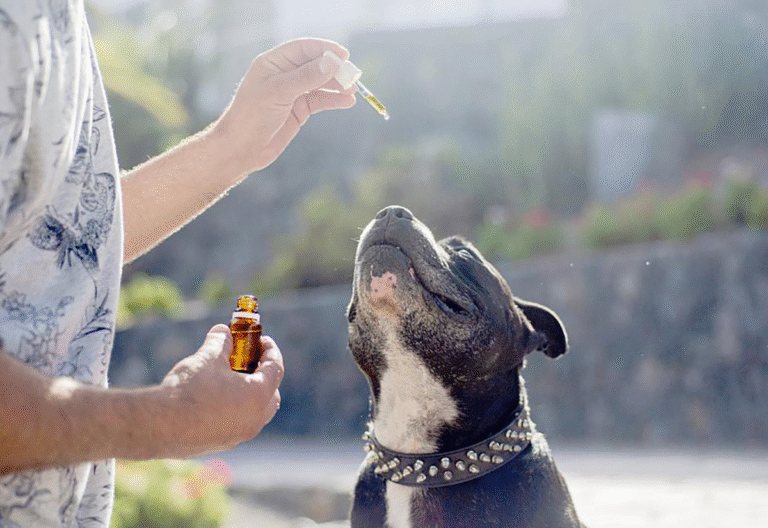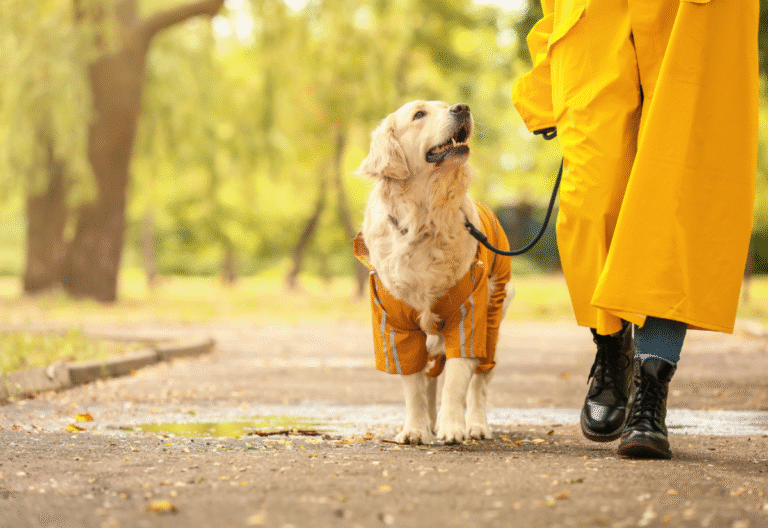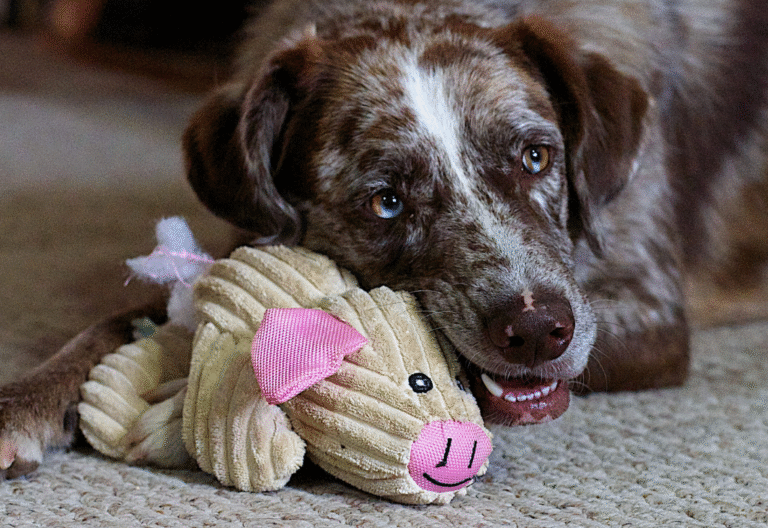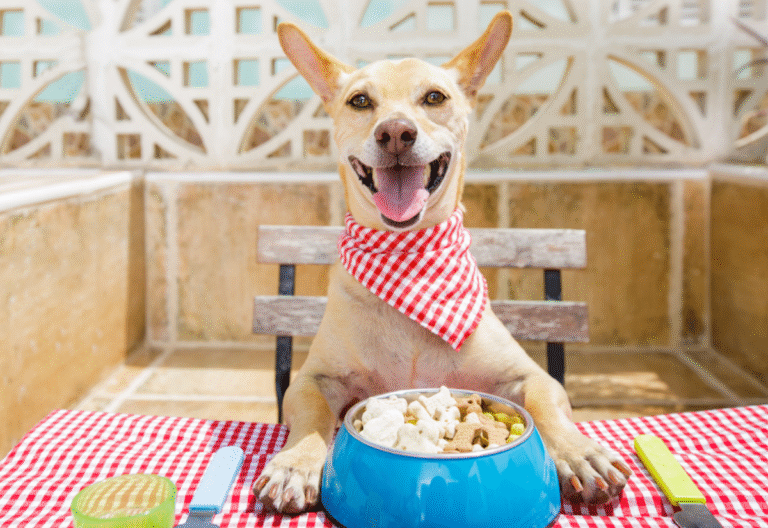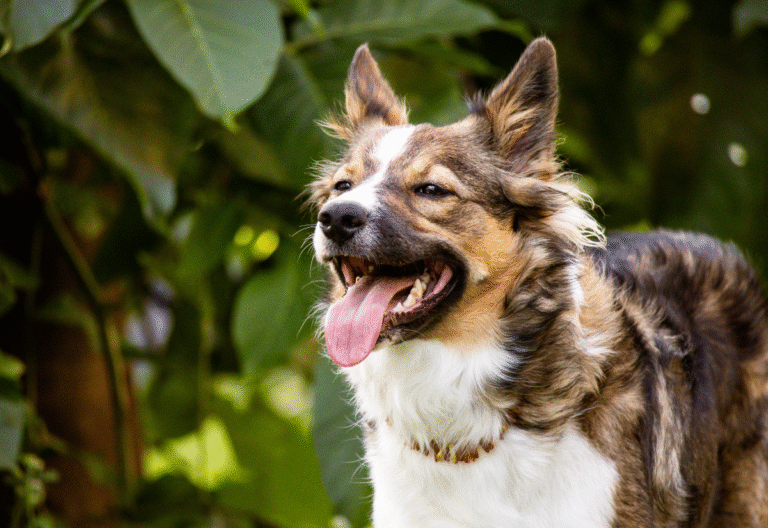Why Is My Old Dog Not Eating but Acting Normal? Causes and Gentle Solutions
If you’ve noticed your old dog not eating but acting normal, you’re not alone. Many pet parents of senior dogs face this confusing situation. On one hand, your pup still greets you happily, wags their tail, and even wants to play. On the other, they’re leaving food untouched in their bowl. Should I worry if my old dog is not eating? The answer depends on a few factors, but understanding the common reasons can help you know when it’s normal aging—and when it’s time to see a vet.
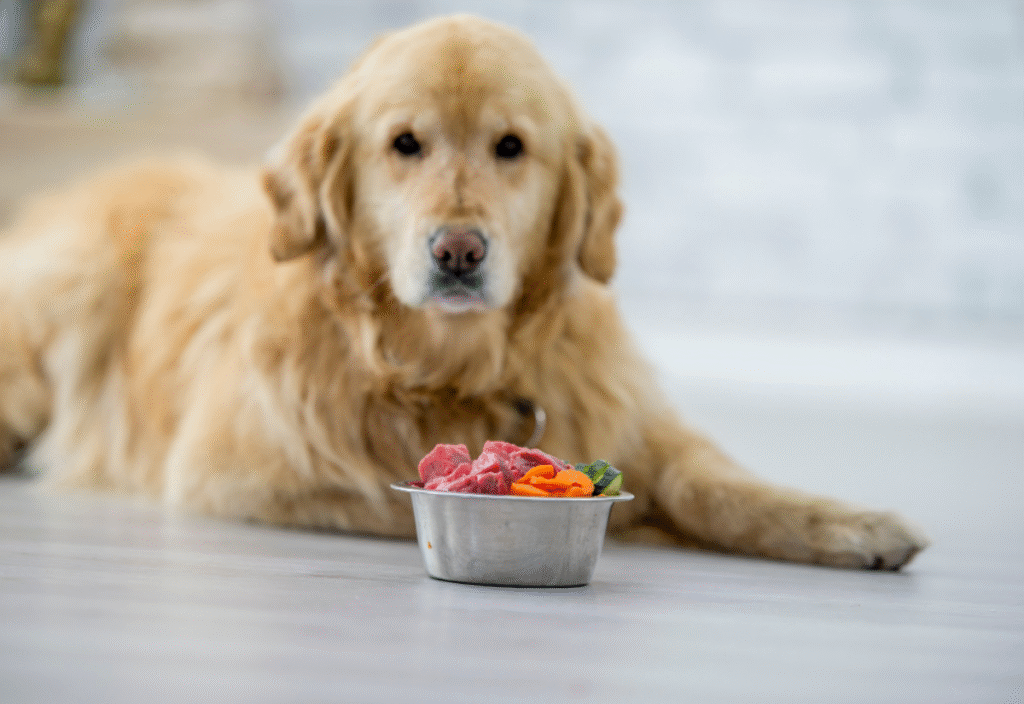
Why Senior Dogs Sometimes Skip Meals
Appetite changes are common as dogs grow older. Here are some of the most frequent causes of senior dog feeding problems:
- Slower metabolism – Older dogs simply don’t need as many calories.
- Dental discomfort – Gum sensitivity or worn teeth can make chewing painful.
- Changes in senses – A senior dog may not smell or taste food as strongly, making meals less appealing.
- Food boredom – Just like us, dogs get tired of the same flavors.
- Emotional factors – Moving homes, a new pet, or even seasonal changes can affect appetite.
If your old dog is refusing food but still playful, it may be a temporary blip. But if the behavior continues, it’s worth paying attention.
When Skipping Meals Is a Concern
Sometimes, an old dog not eating but drinking water may be okay for a short period, but watch closely for signs that suggest a deeper issue. Contact your veterinarian if your dog:
- Refuses food for more than 24–48 hours
- Shows gradual weight loss
- Has vomiting, diarrhea, or unusual stools
- Seems weaker or less mobile, even if playful at times
- Avoids drinking water or suddenly drinks much more than usual
Senior dogs can be very good at hiding discomfort. Senior dog appetite loss can sometimes be the first clue something is wrong.
How to Get an Old Dog to Eat Again
If your pup seems otherwise healthy, you can gently encourage better eating habits at home:
- Warm meals slightly to enhance smell.
- Switch to soft, wet, or moistened food if chewing is tough.
- Add food toppers like plain pumpkin, unsalted broth, or small bits of boiled chicken.
- Try smaller, more frequent meals to make eating less overwhelming.
- Rotate proteins or flavors to fight boredom.
Pet parents often ask, “How to get an old dog to eat again without stressing them out?” Start small, and keep changes positive and comforting.
Helpful Products and Appetite Boosters
When you’re struggling with senior dog feeding problems, the right products can make all the difference:
- 🦷 Dental chews or enzymatic gels – Support oral health and reduce discomfort.
- 🥘 Senior dog food with soft textures – Brands like Hill’s Science Diet 7+ or Blue Buffalo Senior provide balanced nutrition.
- 🍲 Food toppers & enhancers – Bone broth, Honest Kitchen toppers, or Stella & Chewy’s meal mixers can entice picky eaters.
- 💊 Appetite stimulants for senior dogs – Ask your vet about safe options like Entyce (capromorelin) if your dog consistently refuses food.
Always introduce new foods gradually, and check with your vet before starting any supplements or medications.
Supporting Your Dog With Love and Patience
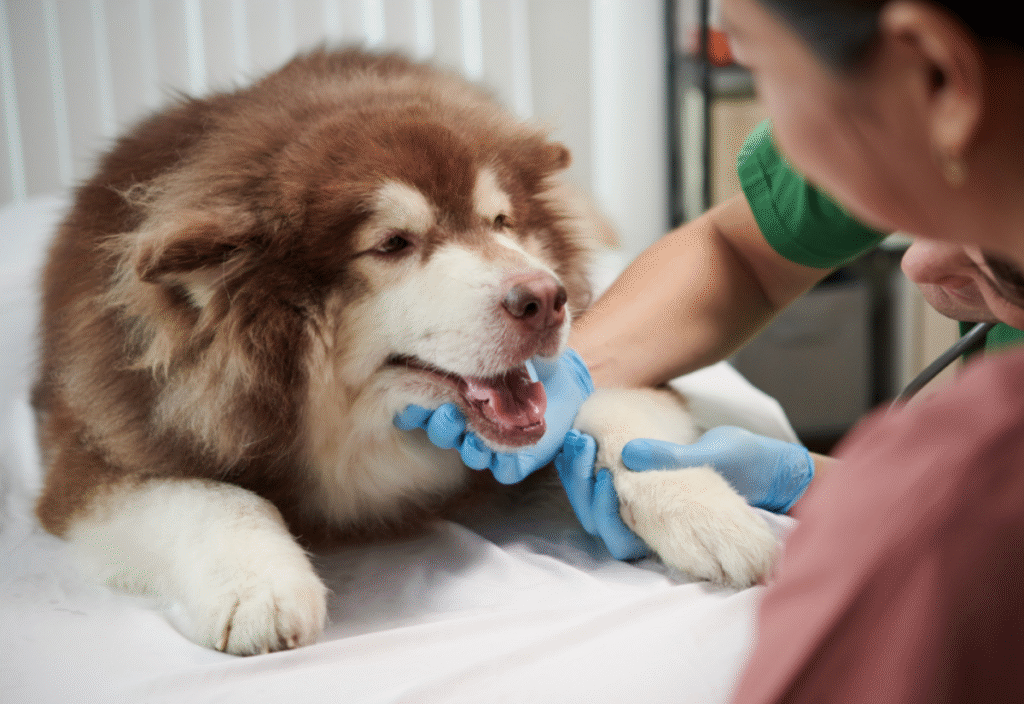
It’s easy to worry when your dog won’t eat—after all, sharing meals has always been part of your bond. Remember, an old dog not eating but acting normal isn’t always cause for alarm. Sometimes they just need a softer meal, a new flavor, or a little extra encouragement. Sit with them during mealtime, offer gentle praise, and make eating a stress-free experience.
Aging dogs depend on us to notice the small changes. By staying attentive, patient, and compassionate, you’ll give your senior pup the comfort and care they deserve.
💌 Want more senior dog care tips? Join our email list today!



